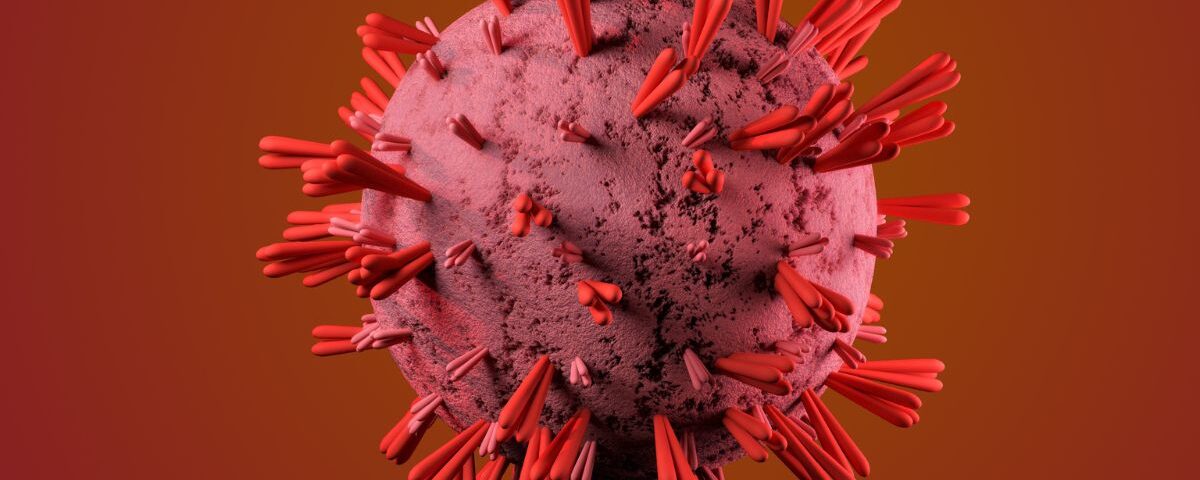It starts out simple. Antibodies, white blood cells, and a few cool facts about the immune system. But then immunology hits like a ton of bricks—cytokine storms, MHC complexes, antigen-presenting cells—and suddenly, your GPA is in serious danger.
At SGA Middletown, students are calling immunology one of the toughest academic challenges they face in biology or pre-med tracks. But here’s the thing: it doesn’t have to destroy your grades. With the right strategy, you can master immunology—and maybe even start to enjoy it.
Why Immunology Wrecks GPAs for So Many Students?
Immunology is one of the most complex and concept-heavy subjects in science. It’s not just about memorization—it requires critical thinking, systems-based understanding, and application.
Here’s what makes it so difficult:
- Terminology overload: CD4, IL-6, TLRs—there are hundreds of acronyms to learn and distinguish.
- Dynamic processes: The immune system isn’t static. It changes depending on the threat, which means understanding multiple pathways and exceptions.
- Microscopic complexity: Everything is happening at a cellular or molecular level, which is hard to visualize or relate to.
- Test questions require synthesis: Immunology exams rarely ask straightforward questions. You’re expected to connect multiple concepts to solve a problem.
These challenges make students feel overwhelmed and underprepared—and the result? Lower test scores and falling GPAs.
The Strategy That Can Actually Save Your GPA
Here’s the good news: it’s not about studying harder, it’s about studying smarter. Top students at SGA Middletown have started using a proven method that actually works: Active Learning with Visual Mapping.
Step 1: Master the Basics with Visual Anchors
Start every topic with a mind map. Don’t just read—draw the immune response, label each cell type, and connect how they interact. Use colors, arrows, and mnemonics to create a visual framework.
Step 2: Apply “Teach-Back” Learning
After each study session, teach what you’ve learned out loud to a friend, your pet, or even yourself. This helps transfer information from short-term memory to long-term understanding.
Step 3: Use Case-Based Practice
Apply what you learn in real-world medical scenarios. Ask yourself: “How would the body respond to a viral infection vs. a bacterial one?” This develops critical thinking and prepares you for the kind of questions that appear on exams.
Step 4: Use Active Recall Apps
Spaced repetition tools like Anki or Quizlet help break massive amounts of content into bite-sized, reviewable pieces—perfect for immunology’s dense material.
Bonus Tips from SGA Middletown Students
- Form study groups with 2–3 people max.
- Use analogies (e.g., “Cytotoxic T cells are like hitmen with very specific targets”).
- Ask your professor to explain things like you’re 5—if you understand it simply, you understand it fully.
Conclusion: Immunology Isn’t Your Enemy—It’s Your Edge
Yes, immunology is tough. It challenges even the brightest students. But instead of letting it crush your GPA, reframe it as your opportunity. With the right approach, you can conquer the complexity—and stand out academically.
At SGA Middletown, we believe that mastering tough subjects builds real-world strength. So don’t run from immunology—get strategic, get visual, and take back your GPA.
FAQs About Immunology and GPA
Why is immunology considered so difficult in college?
Immunology combines dense terminology, cellular biology, chemistry, and dynamic systems. It demands both memorization and deep conceptual understanding, which can be overwhelming without the right strategies.
Can you really improve your GPA in immunology with visual learning?
Yes. Studies show that active recall, visual mapping, and case-based learning significantly improve retention and application in complex subjects like immunology.
What should I do if I’m already failing immunology?
Start by reviewing foundational concepts visually, use spaced repetition apps, and seek help through office hours or peer tutoring. It’s never too late to turn things around with focused effort and smart strategies.
Is immunology important for medical school?
Absolutely. Immunology plays a key role in understanding pathology, infection, vaccines, autoimmune diseases, and more—making it essential for future healthcare professionals.




